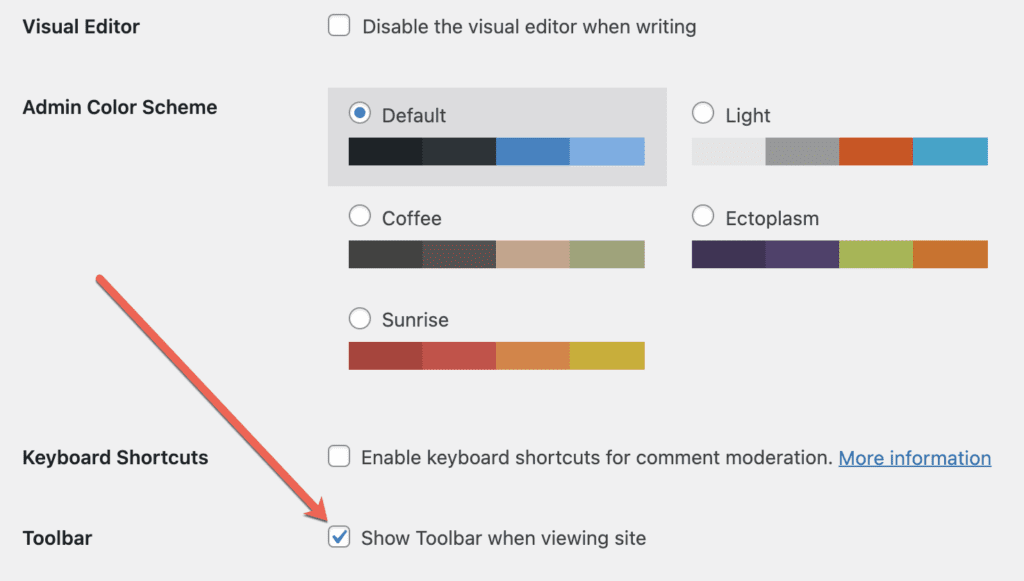Introduction
When was the last time you “Googled” something? For years, Google has been synonymous with online searches, so much so that it became a verb in our daily vocabulary. Whether we needed a quick recipe, a tutorial on how to fix a leaky faucet, or in-depth research for a work project, Google was our go-to. But something’s changing, and if you haven’t noticed it yet, you soon will. People are increasingly turning to ChatGPT, an AI-powered conversational agent, to answer their questions instead of Google. I’ve noticed this shift myself, and it got me thinking—what does this mean for SEO? Let’s dive into it.
The Rise of ChatGPT
Since its release, ChatGPT has taken the world by storm. It’s fast, intuitive, and, most importantly, it feels like you’re having a conversation with someone rather than just typing keywords into a search bar. Whether it’s answering straightforward questions, generating content ideas, or even helping with complex problem-solving, ChatGPT is becoming a preferred choice for many. The reason? It delivers more than just links—it gives you direct answers.
This change in behavior isn’t just anecdotal; the data backs it up. More and more people are finding ChatGPT to be a convenient alternative to Google Search. It’s quicker to type out a question in a natural way and get a response that’s tailored to your needs. And this is where the plot thickens—how does this shift impact SEO?
The Impact on SEO
SEO, or Search Engine Optimization, has been the cornerstone of online content for years. If you wanted to be found, you optimized your content to rank high on Google. But as people increasingly turn to ChatGPT, the rules of the game are changing.
1. Keyword Relevance
In traditional SEO, keywords are king. You’d research the best-performing keywords in your niche, sprinkle them throughout your content, and hope to rank on Google’s first page. But with ChatGPT, the focus shifts from keyword optimization to intent-based responses. Users aren’t typing in “best Italian restaurants New York” anymore; they’re asking, “Where should I eat Italian in New York?” This change in query format means content needs to be more conversational and context-rich, rather than just keyword-dense.
2. Content Length and Structure
Google’s algorithm has historically favored long-form content. A 2,000-word article filled with keywords and structured headings would usually perform well in search results. But when people use ChatGPT, they’re looking for concise, direct answers. The days of writing excessively long content just to rank may be over. Instead, the focus will shift to creating content that answers questions effectively and efficiently.
3. Link Building
Another core component of SEO is link building. In the traditional sense, getting other websites to link back to your content has been a major factor in determining your rank on Google. However, when users ask ChatGPT a question, they’re not clicking on links—they’re reading the response that’s provided to them immediately. This diminishes the importance of backlinks in the new search paradigm.
4. User Experience
Google has been putting more emphasis on user experience in recent years, particularly with its Core Web Vitals update. But with ChatGPT, user experience is redefined. Instead of focusing on how fast a page loads or how easy it is to navigate, the experience is centered around the quality and relevance of the conversation. How well does the AI understand the user’s question? How accurate and useful is the response? These are the new metrics of user experience.
The Future of SEO in a ChatGPT World
As someone who has been immersed in SEO for years, I can say this shift is both exciting and daunting. SEO isn’t going away, but it’s evolving. Here are some predictions on how SEO might adapt in a ChatGPT-dominated landscape:
1. Conversational Optimization
Just as we optimized content for search engines, we will now need to optimize for conversational AI. This means understanding natural language processing (NLP) and how AI interprets and responds to queries. Content creators will need to focus on writing in a way that feels natural and engaging in a conversational setting.2. Intent Over Keywords
The new SEO will be less about specific keywords and more about understanding user intent. Content will need to address the underlying question or problem the user is trying to solve. This shift will require deeper insight into user behavior and needs, making human-centered SEO more important than ever.3. Real-Time Data and Updates
ChatGPT’s responses are based on a vast dataset, but they are not always up-to-date with real-time information. This presents an opportunity for content creators who can provide fresh, accurate data that AI can pull from. Websites that consistently update their content and keep it relevant will have an edge in this new landscape.4. New Metrics
Traditional SEO metrics like bounce rate, time on page, and click-through rate may lose some of their significance. Instead, engagement with conversational AI, user satisfaction scores, and the quality of interaction will become more critical. Measuring the effectiveness of your content will require new tools and approaches.Conclusion
We’re standing at the crossroads of a significant shift in how people find information online. ChatGPT is changing the way we search, and with it, the world of SEO is transforming. As someone who’s been part of the SEO community for years, I find this change both challenging and invigorating. It’s pushing us to rethink how we create content, how we engage with our audience, and how we measure success.
In this new era, the key to staying ahead will be adaptability. We’ll need to embrace conversational optimization, focus on user intent, and continuously update our content to stay relevant. The future of SEO may be uncertain, but one thing is clear: it will be more human-centered than ever before.
So, the next time you have a question, will you “Google it,” or will you ask ChatGPT? The choice is yours, but the impact on SEO is already unfolding before our eyes.
Alpha Omega Digital is a marketing agency based in Melbourne, Australia but also services clients from Sydney, Brisbane, Newcastle, Perth, Adelaide, Darwin and Hobart. Have a project in mind? Contact me here.



